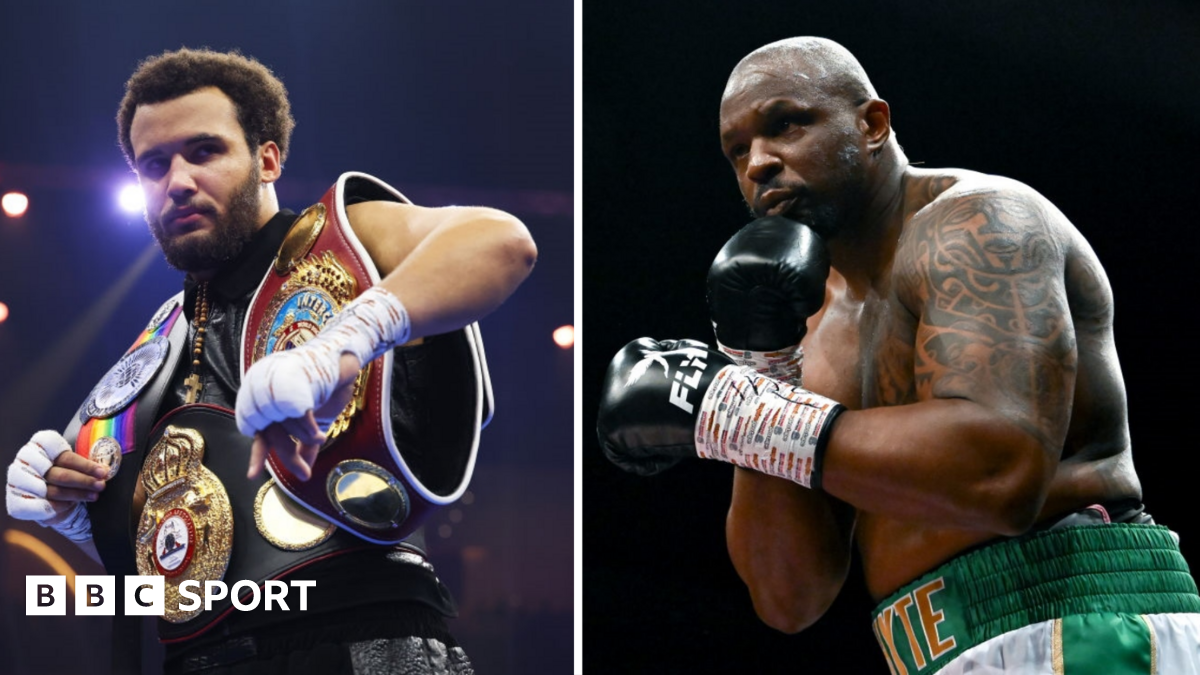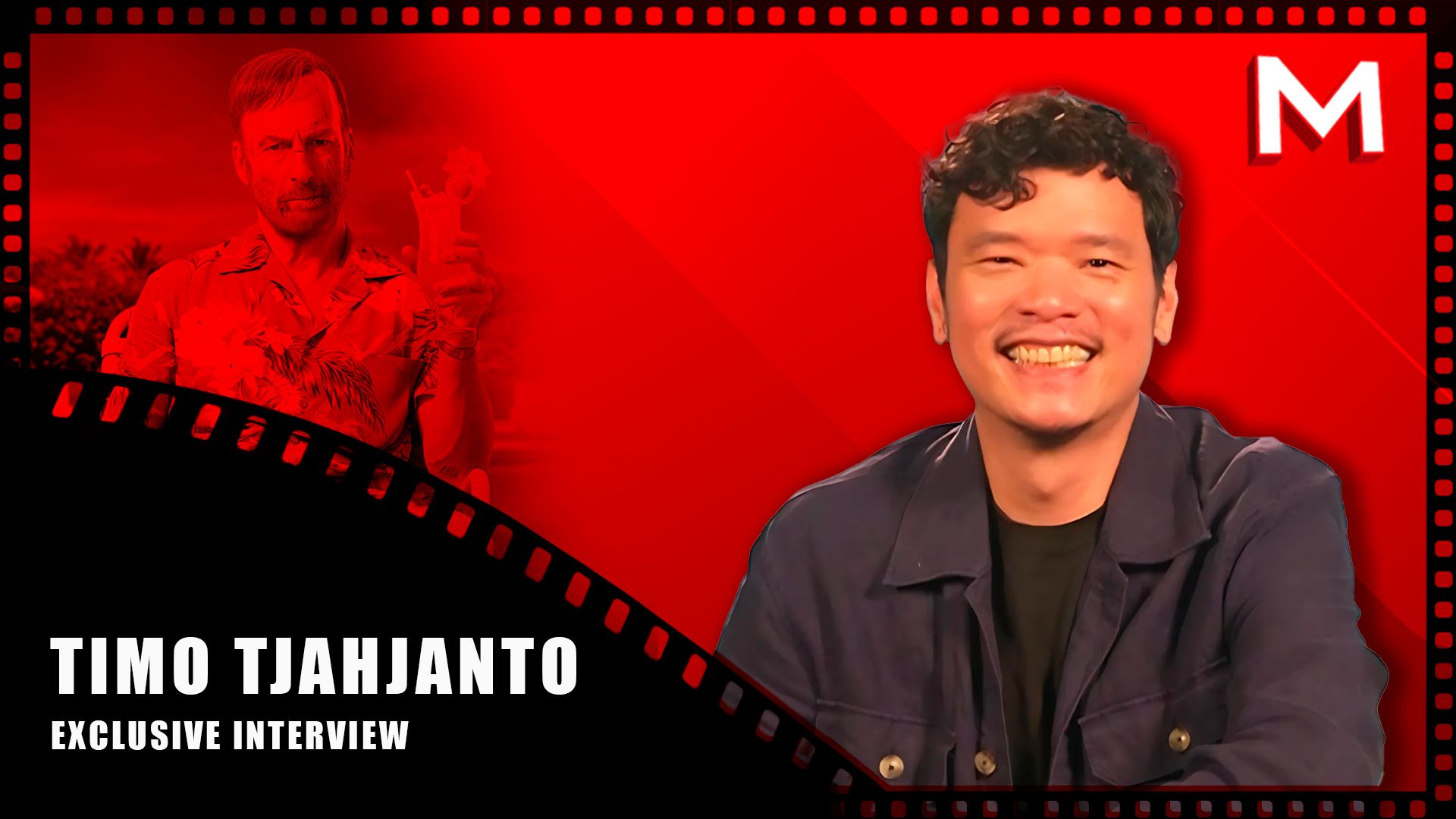What Does a Branding Consultant Do for Small Business?

A branding consultant helps small businesses define their unique identity in the market. They assess your core values and target audience to create a brand strategy that stands out. This includes conducting market research and competitor analysis to improve your positioning. With a focus on consistent messaging and visual elements, a branding consultant guarantees your brand communicates effectively. Comprehending these roles is essential, as they can greatly influence your business’s success in a competitive environment. What comes next in this process?
Key Takeaways

- A branding consultant helps define a small business’s brand identity by clarifying its mission, values, and unique value propositions.
- They conduct market research to understand the target audience’s preferences and ensure brand messaging resonates effectively.
- Branding consultants develop customized strategies, including visual elements like logos and color palettes, to create a cohesive brand presence.
- They perform brand audits to identify gaps in messaging and visual consistency, refining approaches based on competitor analysis.
- Ongoing support from branding consultants ensures brands adapt to market changes, maintaining relevance and driving customer loyalty.
Understanding the Role of a Branding Consultant

When you consider the significance of establishing a strong brand identity, grasping the role of a branding consultant becomes essential for your small business.
A branding consultant for small business helps define and create your brand by focusing on core values, visual design, and messaging. They conduct thorough market research, ensuring your brand resonates with the right audience.
Through customized strategies, they capture your business’s essence, promoting cohesive messaging and emotional connections across platforms. These small business marketing consulting services additionally offer ongoing support for brand implementation, maintaining consistency as they adapt to market changes.
Importance of Branding for Small Businesses

Branding is crucial for small businesses since it helps you stand out from competitors, making it easier for customers to recognize your products or services.
By building emotional connections through a strong brand identity, you encourage loyalty and repeat business, which is important for growth.
When your branding clearly conveys your values and personality, it improves your professionalism and credibility in the marketplace.
Differentiation From Competitors
In a competitive marketplace, effectively differentiating your small business from others is fundamental for success. Strong branding communicates your unique value propositions and core values, helping potential customers clearly understand what sets you apart.
Consistent branding across visuals and messaging builds trust and reinforces your professional image, which is critical for standing out. Hiring a digital marketing consultant for small businesses can greatly improve your branding strategy, identifying gaps and refining your approach.
A small business online marketing consultant can help you convey quality and reliability, making your brand more appealing compared to larger competitors. When you invest in branding, you position your business to compete effectively, which is significant in today’s market environment.
Building Emotional Connections
Creating emotional connections with your customers is essential for small businesses looking to nurture loyalty and trust. Strong branding helps you convey your values and personality, making your business more relatable.
By working with a branding consultant, you can develop a distinctive brand identity that resonates with your target audience. Emotional branding taps into customers’ feelings and experiences, promoting deeper connections that lead to increased retention and advocacy.
Studies show that consumers prefer brands that evoke positive emotions, underscoring the need for emotional ties in driving sales. Effective branding strategies guarantee you consistently communicate your mission and values, reinforcing these connections across various touchpoints.
This approach not just differentiates you from competitors but also builds lasting relationships with your customers.
Crafting Customized Brand Strategies

When you commence on the voyage of crafting customized brand strategies, comprehending your unique business essence is crucial. Start by identifying your mission, values, and goals through critical questions posed by a branding consultant. This discovery phase helps uncover distinctive attributes that can form a compelling narrative.
Next, conduct in-depth research to understand your target audience’s preferences and behaviors, ensuring your brand resonates with them. A branding consultant will then map out strategic branding goals, aligning all components, including messaging and visuals, to create a unified brand identity.
Enhancing Market Positioning

To improve your market positioning, start by analyzing your competitors’ strategies and identifying what makes your business unique.
Focus on uncovering your unique value propositions, as these will help you communicate targeted messages that resonate with your ideal clients.
Analyzing Competitor Strategies
Analyzing competitor strategies is crucial for enhancing your market positioning, as it allows you to identify opportunities that your rivals may have overlooked. By evaluating their strengths and weaknesses, you can find gaps in the market where your business can thrive. Consulting with a branding expert additionally involves examining competitor messaging and customer engagement tactics, enabling you to craft narratives that resonate with your audience. Here’s a quick overview of key elements to analyze:
| Competitor | Strengths | Weaknesses |
|---|---|---|
| Company A | Strong branding | High prices |
| Company B | Excellent customer service | Limited product range |
| Company C | Innovative marketing | Weak online presence |
| Company D | Broad distribution | Lack of social media engagement |
| Company E | Loyal customer base | Outdated branding |
Utilize these insights to maintain a competitive edge.
Identifying Unique Value Propositions
Comprehending your unique value proposition (UVP) can markedly improve your market positioning and differentiate your business in a crowded marketplace.
A branding consultant conducts thorough market research to analyze competitors and identify gaps, helping you uncover what truly sets your business apart. They facilitate workshops and discussions with you to distill your brand’s essence, articulating its distinctive elements.
By leveraging insights from consumer behavior and industry trends, consultants assist you in crafting customized messaging that resonates with your ideal clients. Utilizing tools like SWOT analysis, they evaluate your positioning and refine your UVP to align with market demands.
A well-defined UVP not only boosts customer loyalty but also increases your pricing influence, driving long-term business growth.
Communicating Targeted Messages
How can you effectively communicate your brand’s message to resonate with your target audience? A branding consultant can help you by conducting thorough market research, identifying competitors, and analyzing industry trends. This guarantees your messaging aligns with customer preferences and highlights your unique value propositions.
Here’s how you can improve your market positioning:
| Strategy | Benefit |
|---|---|
| Analyze customer feedback | Tailor messages to align with client expectations |
| Develop cohesive strategies | Articulate mission and values for differentiation |
| Use storytelling techniques | Create emotional connections with consumers |
| Maintain consistency | Establish a recognizable brand identity |
| Communicate across channels | Strengthen overall market presence |
Conducting Comprehensive Brand Audits

When you’re looking to improve your small business’s brand, conducting a thorough brand audit is essential to understand your current market positioning.
A branding consultant will review your existing marketing channels, identifying strengths and weaknesses that shape your brand’s image. They’ll gather feedback from customers and stakeholders to assess external perceptions, highlighting areas for improvement.
The audit as well includes identifying gaps in messaging and visual consistency, ensuring your brand accurately reflects its values and mission.
By performing competitive analysis, the consultant benchmarks your business against industry standards, revealing unique value propositions.
In the end, the findings from this audit lead to actionable plans that address identified issues, driving brand growth and improving customer engagement effectively.
Developing Brand Identity and Visual Elements

Developing a strong brand identity and cohesive visual elements is crucial for your small business, as it helps convey your core values and unique selling propositions.
A branding consultant works with you to define these aspects, ensuring they’re reflected in your visual identity. They design logos, color palettes, and typography that resonate with your target audience, creating a memorable brand personality.
To build brand recognition, it’s important to maintain consistency across all platforms. Your consultant conducts market research, analyzing competitors and audience preferences, to craft a distinctive presence.
Moreover, they provide guidelines and templates, helping you implement your visual identity across various marketing materials and channels, in the end promoting customer trust and loyalty.
Establishing Brand Messaging and Voice

Establishing a strong brand messaging and voice is vital for connecting with your target audience effectively. A branding consultant helps you define a clear brand voice that resonates with your audience, ensuring consistency across all platforms.
They’ll work with you to create a messaging framework that articulates your brand’s core values, mission, and unique value proposition. By analyzing competitors’ messaging, consultants identify gaps and opportunities, allowing you to differentiate your voice in the marketplace.
They likewise develop guidelines for tone and language, ensuring all communications, from social media posts to customer service interactions, align with your established brand identity.
Effective brand messaging cultivates emotional connections, leading to increased customer loyalty and engagement over time.
Implementing Branding Strategies Across Channels

To effectively implement branding strategies across various channels, it’s essential to guarantee that every element of your brand is applied consistently. A branding consultant helps by ensuring your logos, color schemes, and messaging align across all marketing channels, which improves brand recognition and trust.
They create a detailed brand style guide that outlines how to present your brand both visually and verbally. Conducting brand audits, they identify gaps in your messaging, allowing you to address inconsistencies.
Furthermore, consultants collaborate with your marketing and sales departments to align strategies, ensuring all touchpoints reflect your brand’s core values. By utilizing data-driven insights, they adapt your branding strategies in real-time, making sure your messaging remains relevant and effective.
Ongoing Brand Management and Adaptation

To keep your brand relevant, ongoing evaluation is crucial for comprehending how it aligns with market trends and customer expectations.
By regularly evaluating your brand’s performance, you can adapt your messaging and visual identity to stay competitive.
Consistent alignment across all customer touchpoints reinforces your core values, builds trust, and promotes loyalty among your audience.
Continuous Brand Evaluation
Though brand consistency is crucial, it’s equally important to recognize that markets and consumer preferences are always evolving.
Continuous brand evaluation guarantees your brand remains relevant and effective. Branding consultants help with this by regularly evaluating brand performance and audience perception. They establish key performance indicators (KPIs) to measure brand health and customer engagement.
Consider these aspects for effective brand evaluation:
- Conduct regular brand audits to spot inconsistencies
- Analyze customer feedback for insights into preferences
- Adjust messaging and visuals based on consumer behavior
- Monitor market trends to maintain competitive edge
- Cultivate emotional connections to improve brand loyalty
Market Trends Adaptation
As market dynamics shift and consumer preferences evolve, adapting your branding strategy becomes essential for maintaining relevance and engagement. Branding consultants play a key role in this process by monitoring trends and consumer behavior. They implement ongoing brand management strategies that adjust your messaging and visual identity as needed. Conducting regular brand audits, consultants pinpoint areas requiring change, ensuring your brand remains consistent and effective across channels. They likewise provide insights on emerging trends and competitive analysis, keeping you ahead of industry shifts. Additionally, continuous feedback loops allow for proactive refinements, aligning your branding with market demands.
| Key Actions | Benefits |
|---|---|
| Monitor trends | Stay relevant |
| Conduct audits | Identify necessary changes |
| Provide insights | Differentiate from competitors |
| Implement strategies | Adapt to consumer preferences |
| Establish feedback | Refine branding continuously |
Consistent Messaging Alignment
Consistent messaging alignment is fundamental for establishing a strong brand identity that resonates with your target audience. Branding consultants play a significant role in ensuring your messaging and visuals are consistent across all channels.
They regularly conduct brand audits to identify any inconsistencies, allowing you to refine your communication strategies. Ongoing brand management is critical; it involves monitoring market trends and customer feedback to make timely adjustments.
This process builds customer trust and loyalty, potentially increasing retention and advocacy. Here are key aspects of consistent messaging alignment:
- Regular brand audits
- Adaptation to market trends
- Monitoring customer feedback
- Maintaining a unified brand voice
- Building customer trust and loyalty
Benefits of Hiring a Branding Consultant

Hiring a branding consultant can greatly improve your small business by providing expert guidance customized to your specific needs. A consultant helps you develop a cohesive brand strategy that aligns with your unique values and market goals, enhancing your brand identity.
They promote brand consistency across communication channels, potentially boosting your revenue by 23% through improved customer recognition and loyalty. With their insights and market research, consultants enable you to position yourself effectively against competitors, driving customer engagement and retention.
Collaborating with a branding consultant saves you time, allowing you to focus on core operations as they manage brand development intricacies. Furthermore, they provide ongoing support, ensuring your branding remains relevant in evolving market environments.
How to Choose the Right Branding Consultant

How do you find the right branding consultant for your small business? Start by evaluating their communication style and openness to feedback, which is crucial for effective collaboration.
Next, review their portfolio to gauge creativity and past successes. Look for experience particularly with small businesses, as this shows they understand your unique challenges.
Consider their industry-specific experience, as it can provide valuable insights into your target audience. Finally, confirm their vision aligns with your business objectives for a cohesive branding strategy.
- Check their communication approach
- Examine their portfolio for creativity
- Look for small business experience
- Evaluate industry-specific knowledge
- Align their vision with your goals
Real-World Examples of Successful Branding Strategies

Comprehending successful branding strategies can greatly improve your approach to building a strong identity for your small business. Here are some notable examples that can guide you:
| Brand | Key Strategy | Outcome |
|---|---|---|
| Nike | Emotional connection through storytelling | Strong brand loyalty |
| Apple | Cohesive visual identity and user experience | Consistent brand recognition |
| Coca-Cola | Iconic logo and themes of happiness | Enduring brand recognition |
| Airbnb | Focus on community and belonging | Unique position in the travel industry |
| Warby Parker | Affordability and social responsibility | Rapid growth and loyal customer base |
Frequently Asked Questions

What Does a Branding Consultant Do?
A branding consultant helps you define and refine your brand identity. They analyze your current market position, identifying strengths and weaknesses.
By researching competitors and trends, they assist in creating a unique value proposition. You’ll work together to establish your core values, mission, and vision.
The consultant likewise supports you in implementing your brand across various channels, ensuring consistent messaging and visuals that resonate with your audience, finally building trust and loyalty.
How Much Do Branding Consultants Charge?
Branding consultants typically charge between $100 and $300 per hour, depending on their expertise and project complexity.
You might find package deals ranging from $1,500 to $10,000, which include thorough services like brand strategy and market research.
Subscription services can cost about $500 to $2,000 per month for ongoing support.
If you opt for freelancers, their rates often start at around $50 per hour, but they may offer less extensive resources.
What Does a Brand Consultant Charge?
Brand consultants typically charge between $50 and $300 per hour, depending on their expertise and project complexity.
For larger projects, fees can range from $1,000 to over $10,000.
If you’re looking for ongoing support, subscription services may cost between $500 and $2,000 monthly.
Freelancers might offer lower rates, starting at $25 to $75 per hour, but they may not provide the full range of services that established agencies do.
Always clarify pricing structures upfront.
How Much Would You Pay a Marketing Consultant in a Small Business?
When considering how much to pay a marketing consultant for your small business, you should evaluate your budget and project needs.
Rates typically range from $100 to $300 per hour, with project fees between $1,000 and $10,000.
Subscription services offer ongoing support at $500 to $3,000 per month.
Focus on the value provided; successful campaigns often yield a high return on investment, making it essential to align costs with your business goals.
Conclusion

In summary, a branding consultant can greatly influence your small business by crafting a strong brand identity that resonates with your audience. They help develop customized strategies, improve your market position, and guarantee consistent messaging across all platforms. By conducting thorough brand audits and providing ongoing support, they enable your business to adapt and thrive. Choosing the right consultant is crucial for maximizing these benefits, so take the time to evaluate your options carefully to find the best fit for your needs.
Image Via Envato
This article, "What Does a Branding Consultant Do for Small Business?" was first published on Small Business Trends
What's Your Reaction?
 Like
0
Like
0
 Dislike
0
Dislike
0
 Love
0
Love
0
 Funny
0
Funny
0
 Angry
0
Angry
0
 Sad
0
Sad
0
 Wow
0
Wow
0




























































































